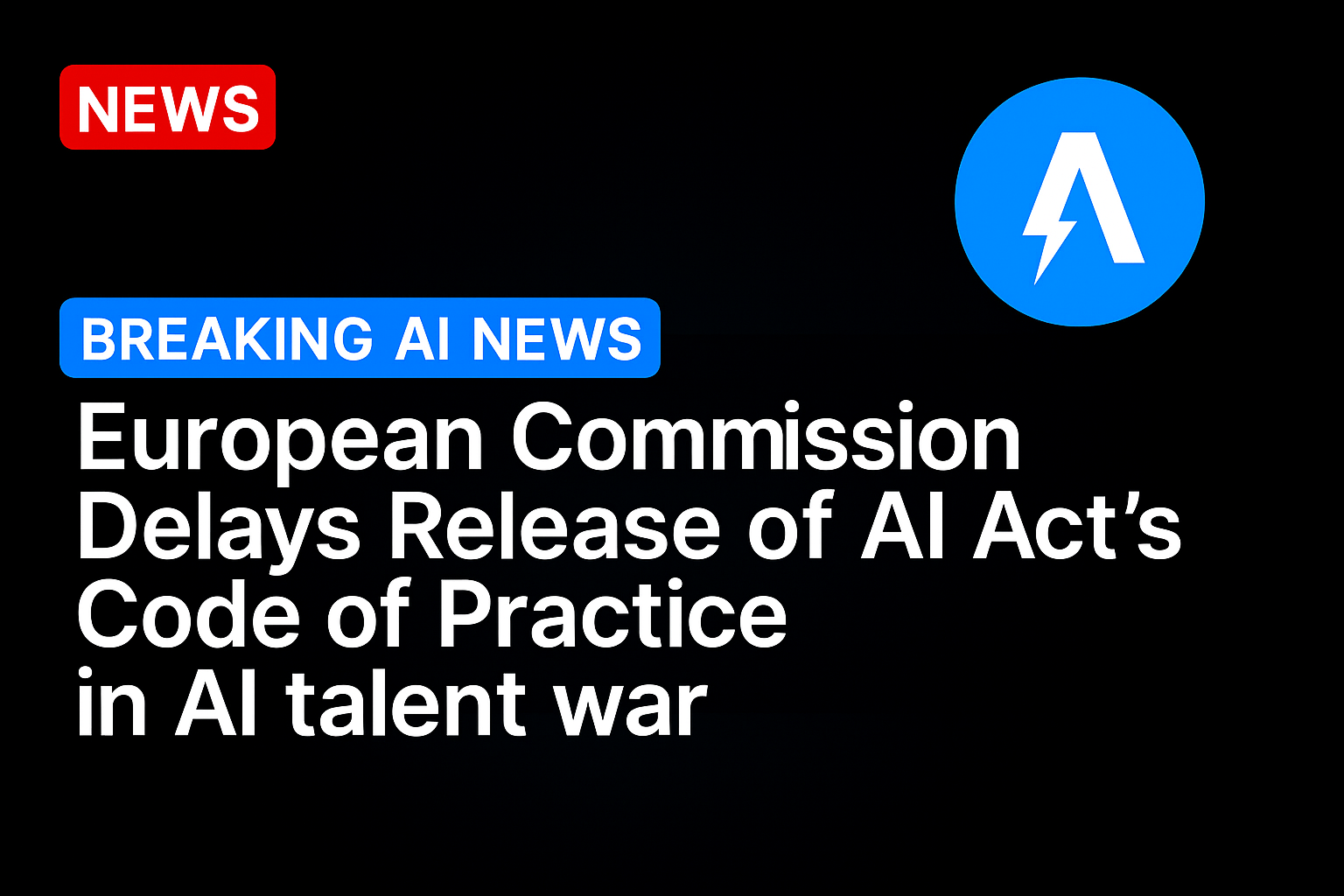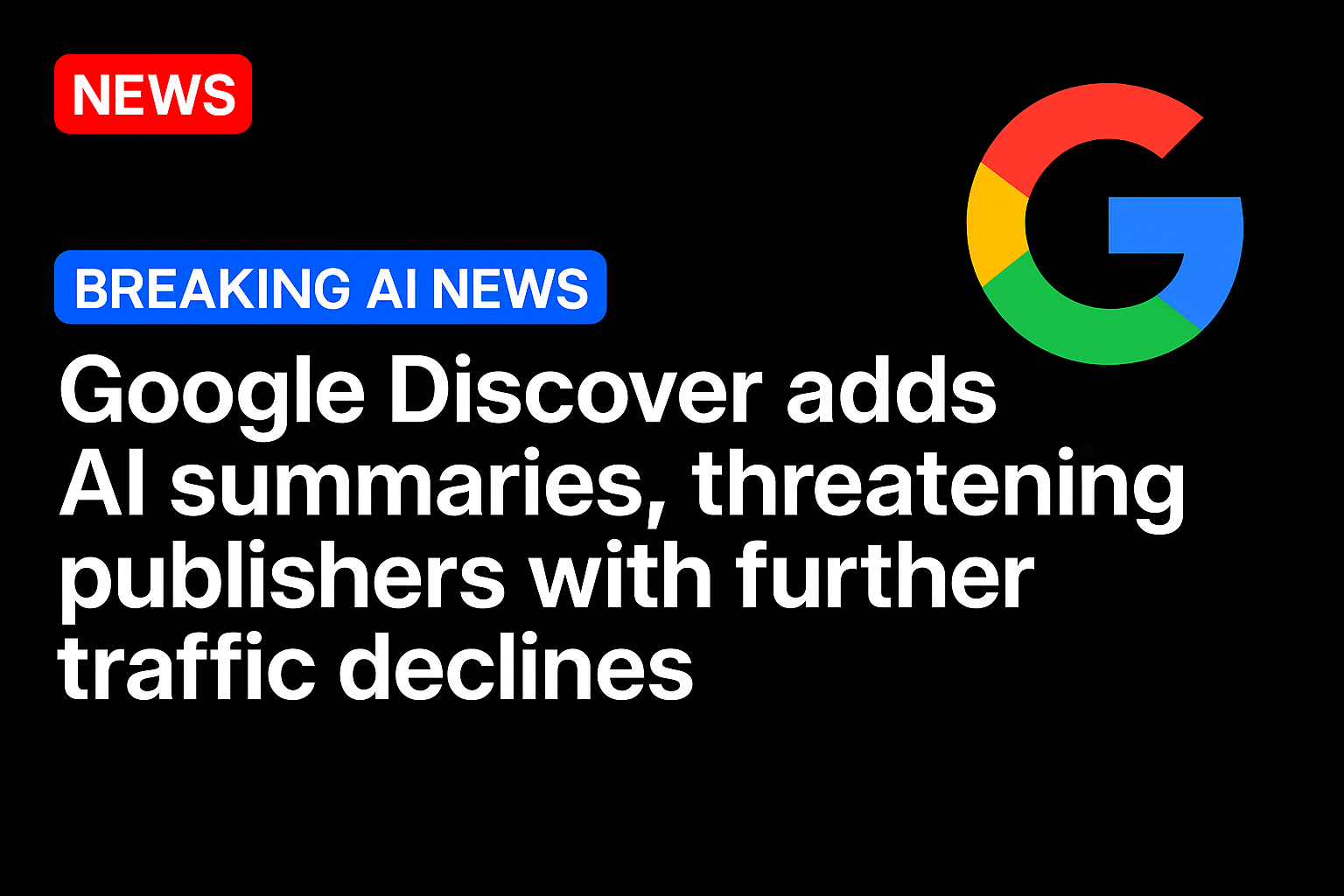The European Commission reportedly delayed the release of a code meant to help companies comply with the European Union’s Artificial Intelligence Act.
Originally scheduled for May 2, the release of the General-Purpose AI Code of Practice (GPAI) may be delayed until the end of the year, Reuters reported Thursday (July 3).
“On the AI Act’s GPAI rules, the European AI Board is discussing the timing to implement the Code of Practice, with the end of 2025 being considered,” a commission spokesperson told Reuters.
A European Commission web page dedicated to the GPAI said the date of the implementation of the Code of Practice has yet to be confirmed.
The page said the code will detail the AI Act rules for providers of general-purpose AI models. The rules are meant to ensure that AI is safe and trustworthy, and they cover topics such as transparency and copyrights, the page said.
“The AI Office is facilitating the drawing-up of a Code of Practice to detail out these rules,” the page said. “The code should represent a central tool for providers to demonstrate compliance with the AI Act, incorporating state-of-the-art practices.”
When the EU AI Act came into force on Aug. 1, 2024, it established the world’s first comprehensive regulatory framework for AI and set new compliance standards for businesses worldwide, PYMNTS reported at the time.
The law classifies various types of AI based on risk and imposes different requirements and obligations on “limited risk” and “high risk” AI systems.
Rules for general-purpose AI models are set to take effect in August 2025, while most other rules of the AI Act are scheduled to begin to apply in August 2026.
According to Thursday’s Reuters report, some tech companies have called for a delay in the implementation of the AI Act, in part because the Code of Practice has not been issued.
The commission spokesperson said, per the report: “Our commitment to the goals of the AI Act, such as establishing harmonized risk-based rules across the EU and ensuring the safety of AI systems in the European market, remains unchanged.”
Source: https://www.pymnts.com/





